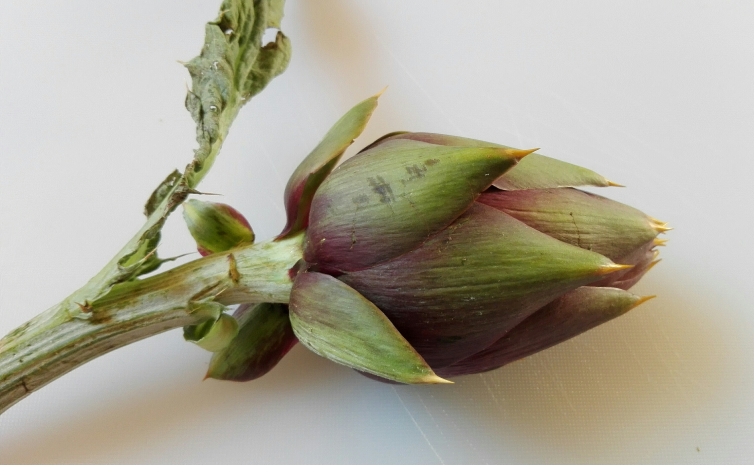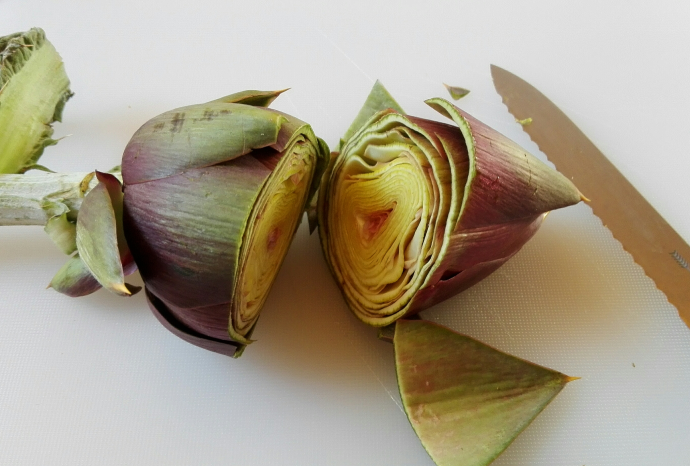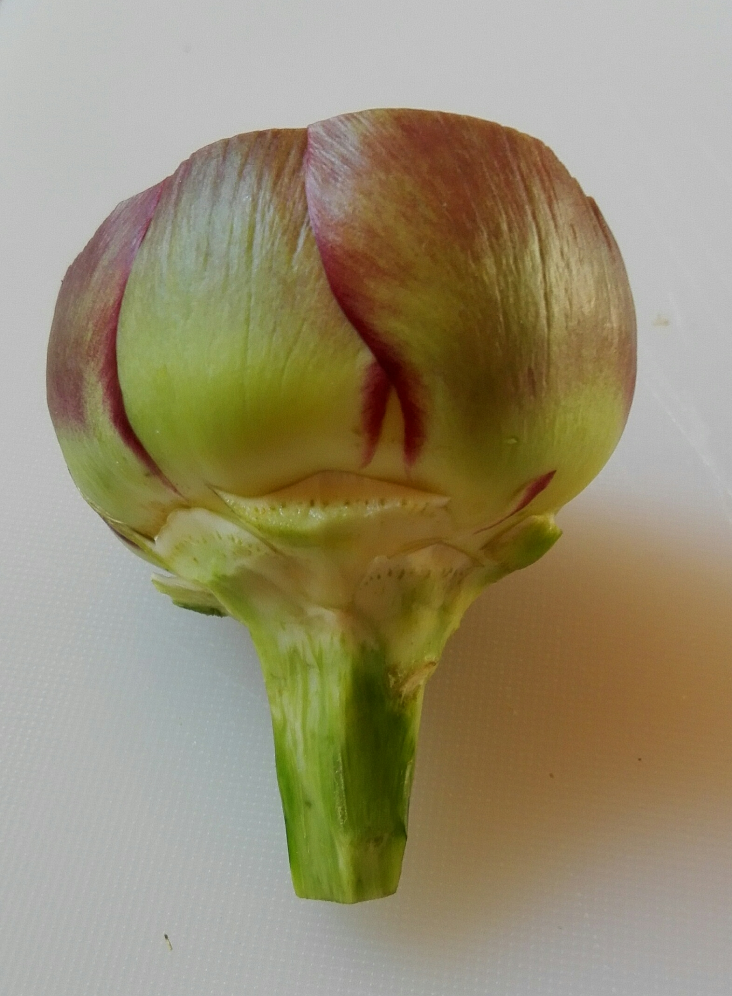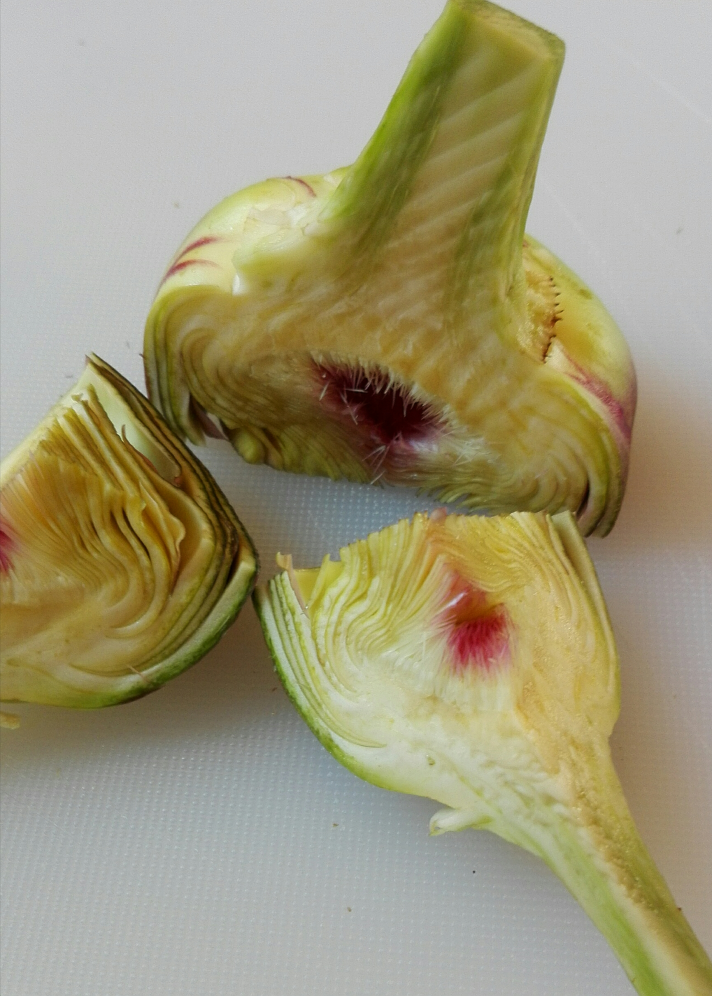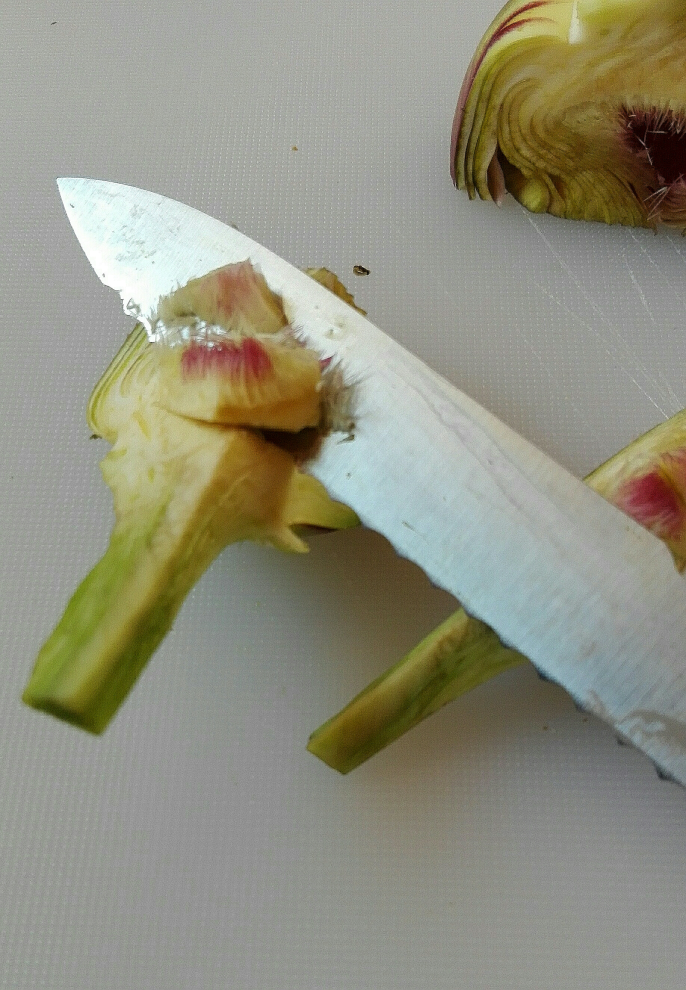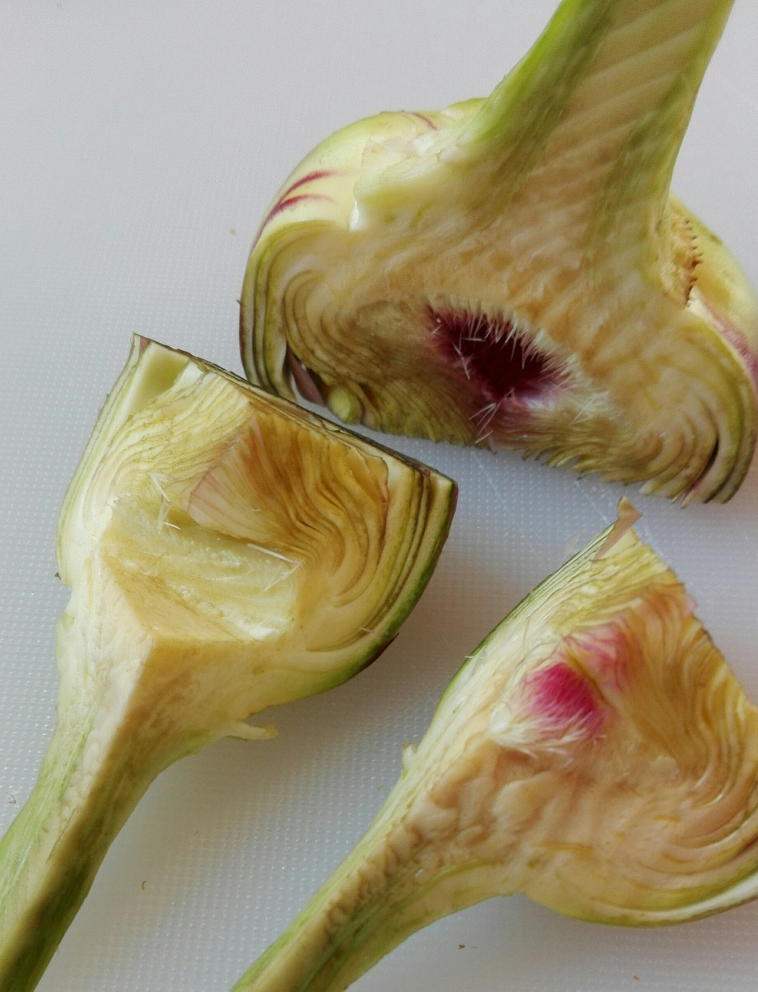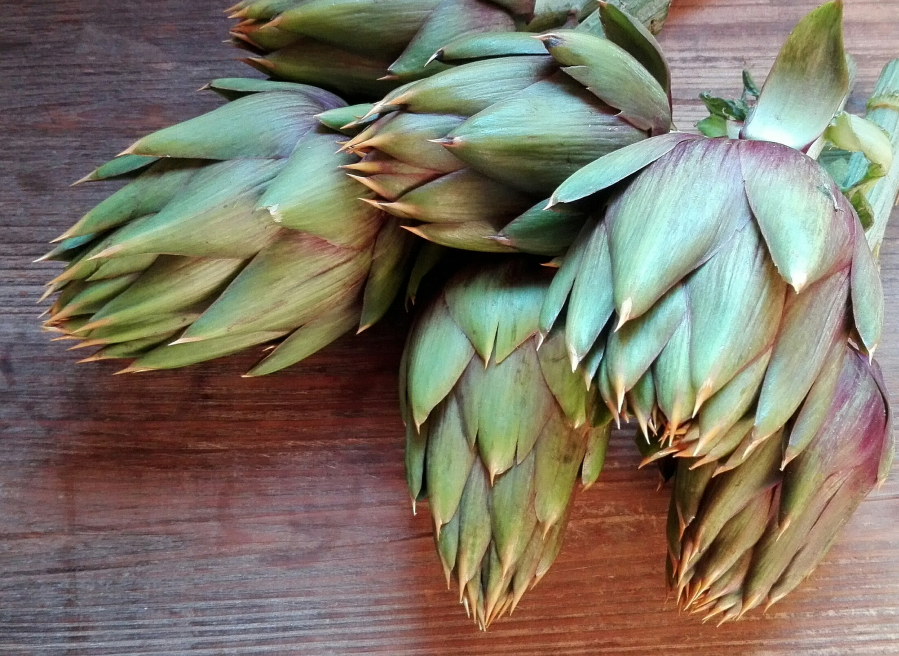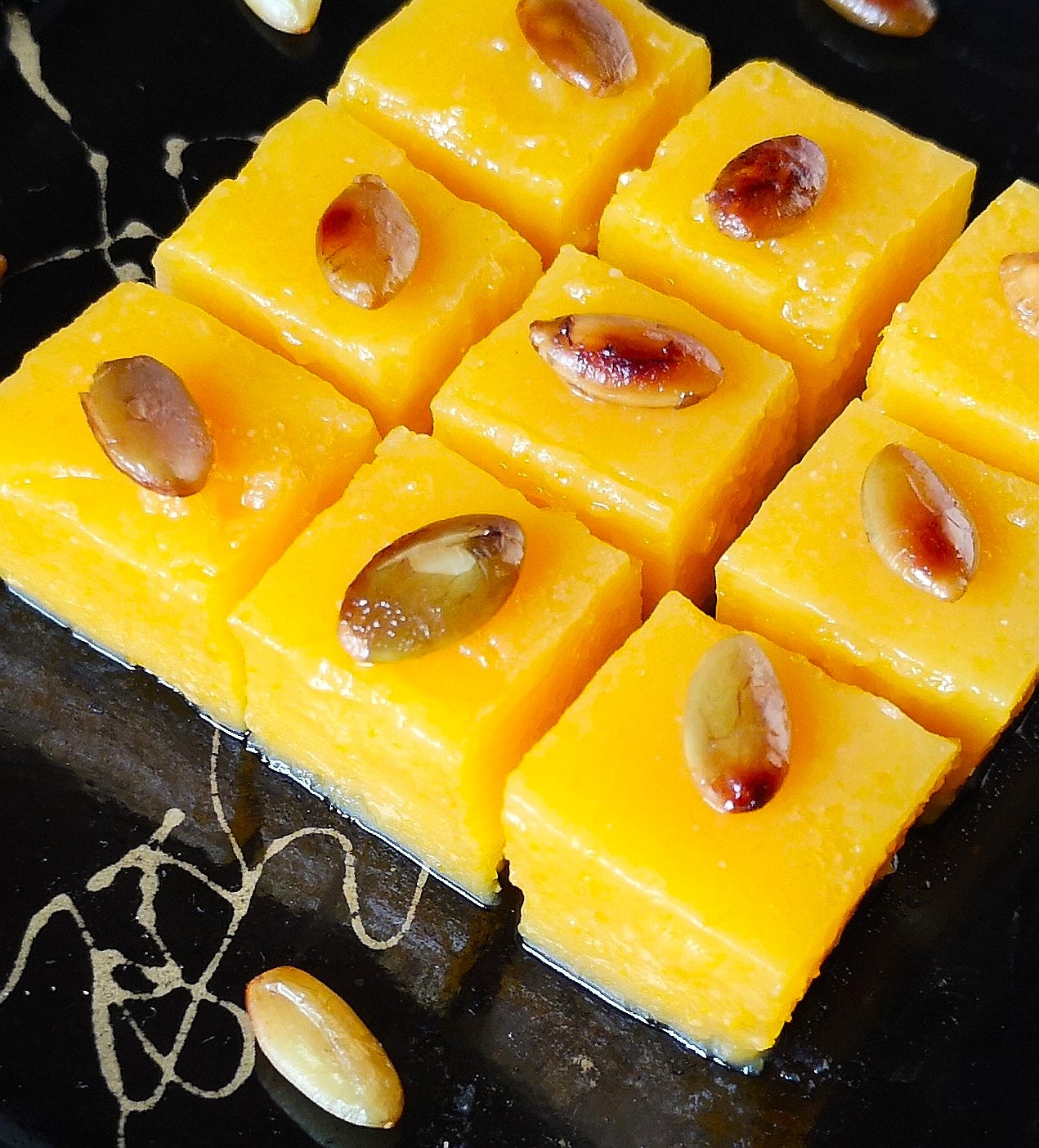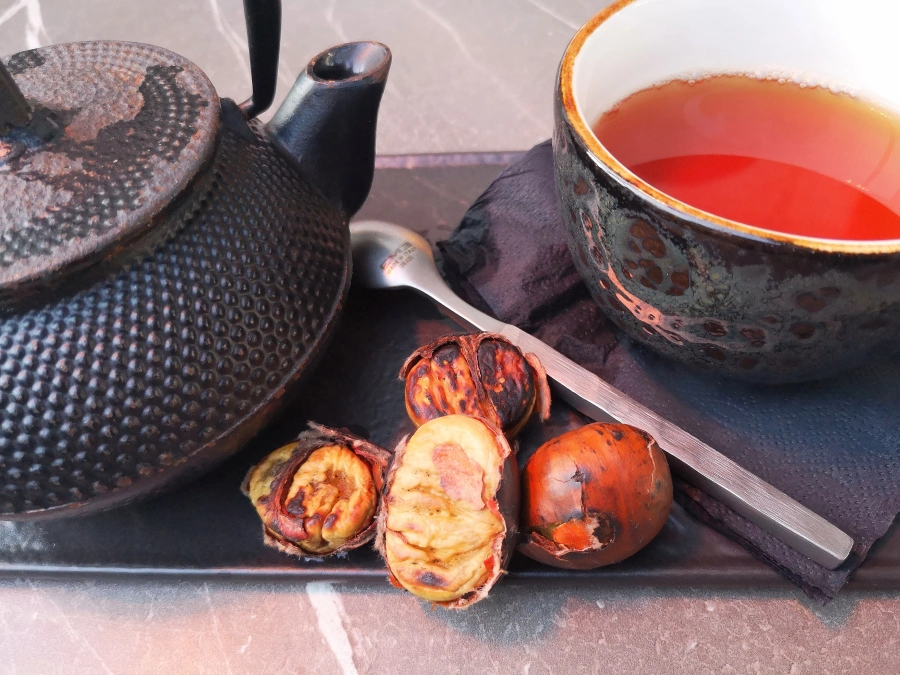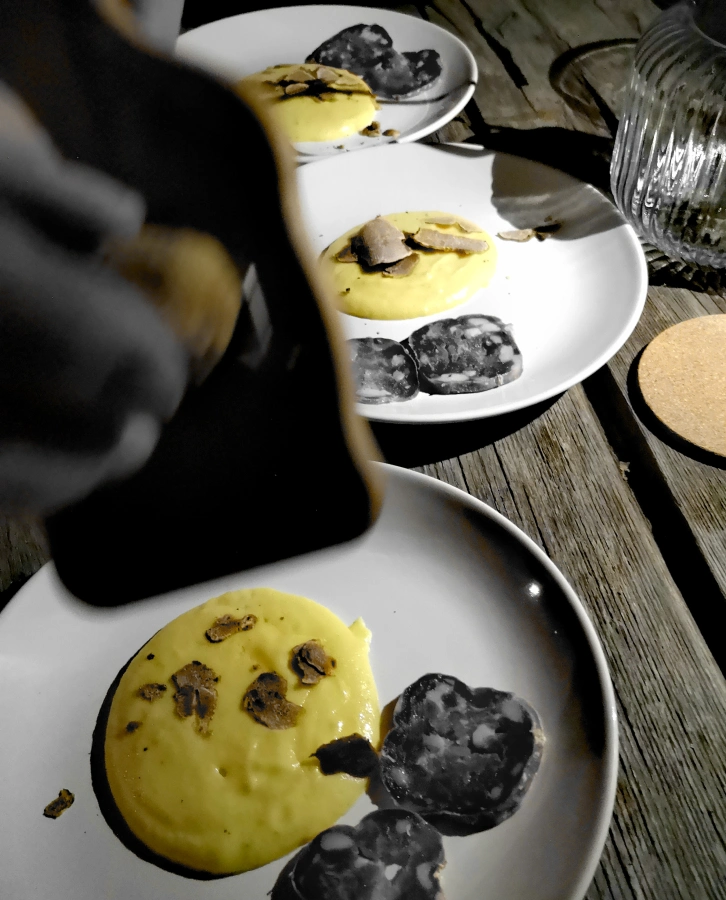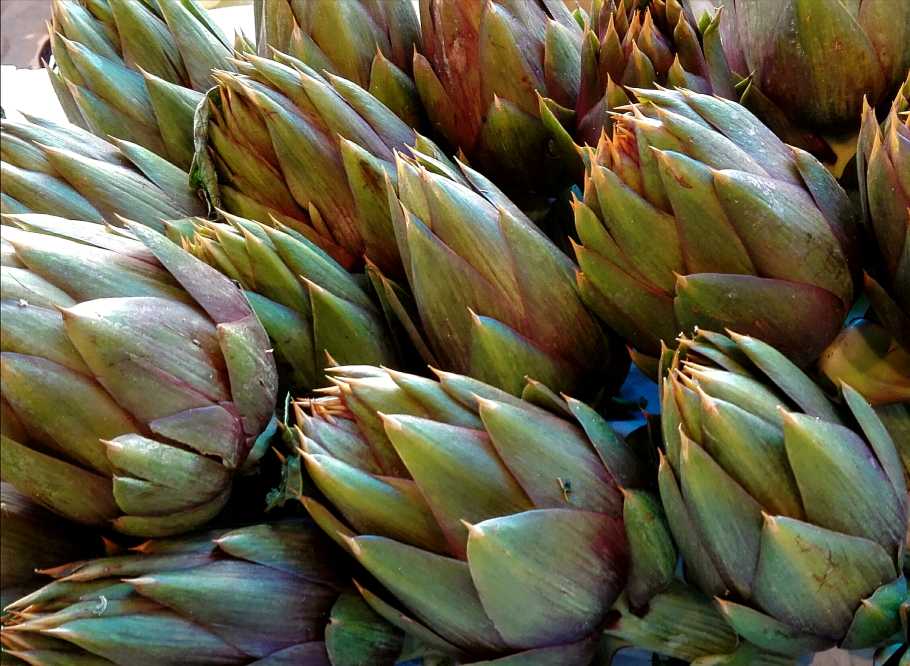
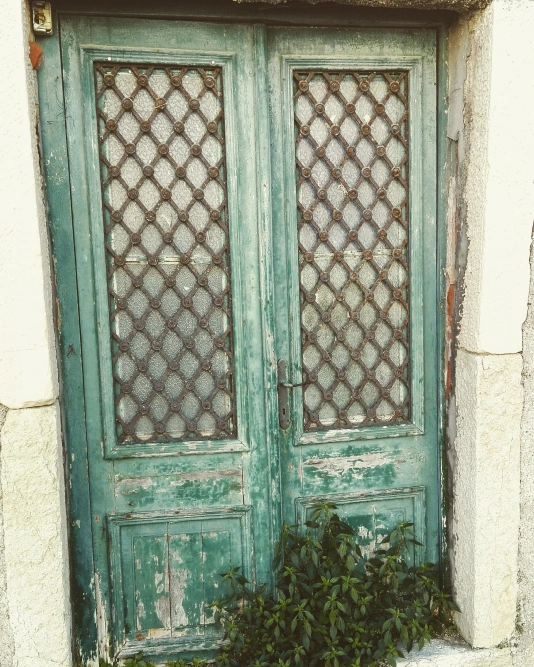
My honey arrived this morning. Not some random sweetheart of mine but actual raw-honey-in-a-pot brought right to the door……delivered fresh, almost dripping, from bee-hives near Lago d’Iseo by the beekeeper or apicoltore himself. Che bella Italia!
This time, rather delightfully – and coincidentally in time for Valentine’s Day – I was not only presented with a large pot of Acacia Honey, but also a very large bunch of fresh ‘carciofi spinosi’ or ‘spiny’ artichokes ..……well who needs Roses anyway?!
Spiny might not be the most imaginative name for these artichokes, but it’s certainly the most apt – although I think ‘aggressively and dangerously spiky’ would cover it better. Unlike roses this bunch of lovelies were not for smelling, you’d lower your face at your peril, these were to be handled respectfully at a distance and would involve the use of reinforced gloves and sharp knives.
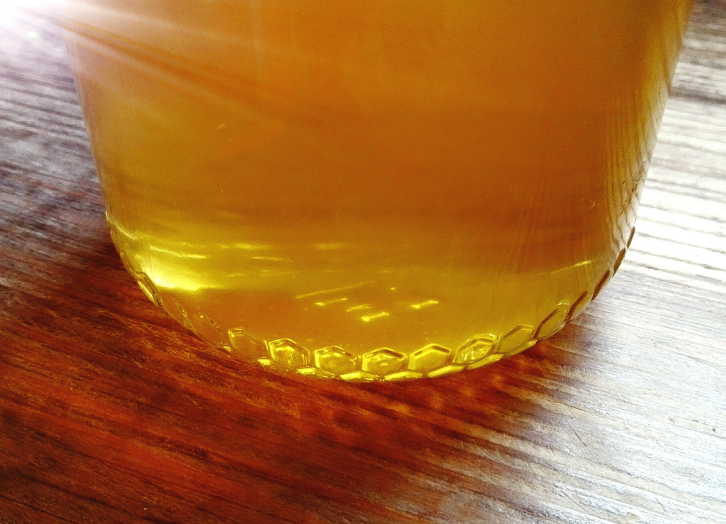
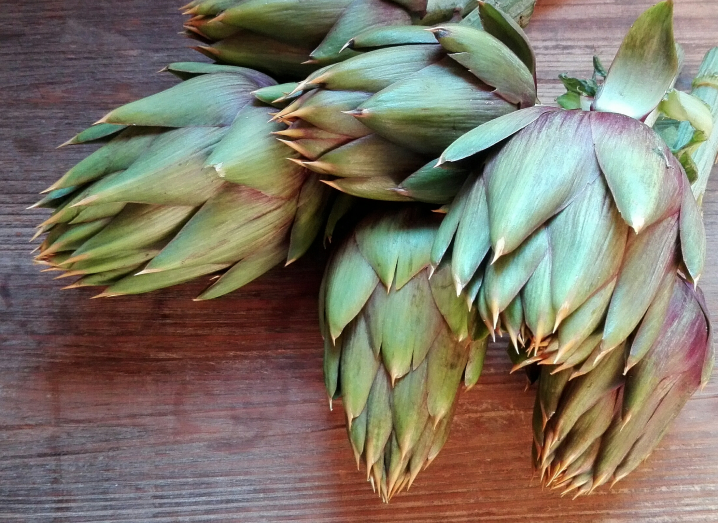
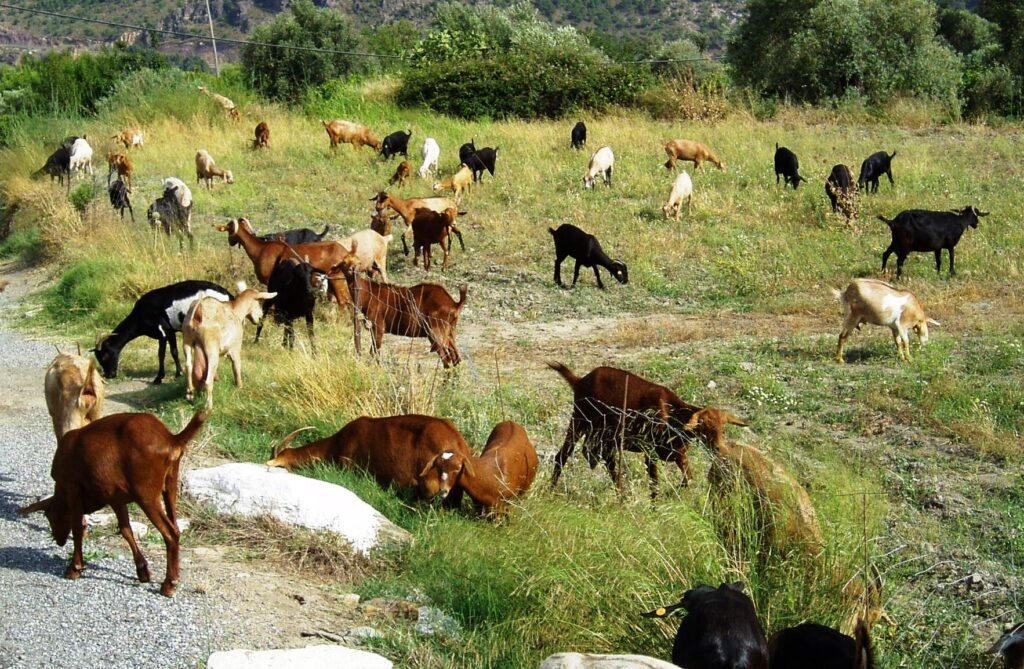
Sardinia itself is traditionally an island of shepherds and farmers rather than fishermen as you might expect. After years of coastal living fighting off Saracens and foreign invaders the islanders retreated permanently to the mountains and valleys inland for safety and peace.
The island was – and I think still is – classified as one of the “blue zones” or areas in the world where people are more likely to live to 100 years old. Ogliastra, on the eastern side, being the region famous for the number of its centenarians.

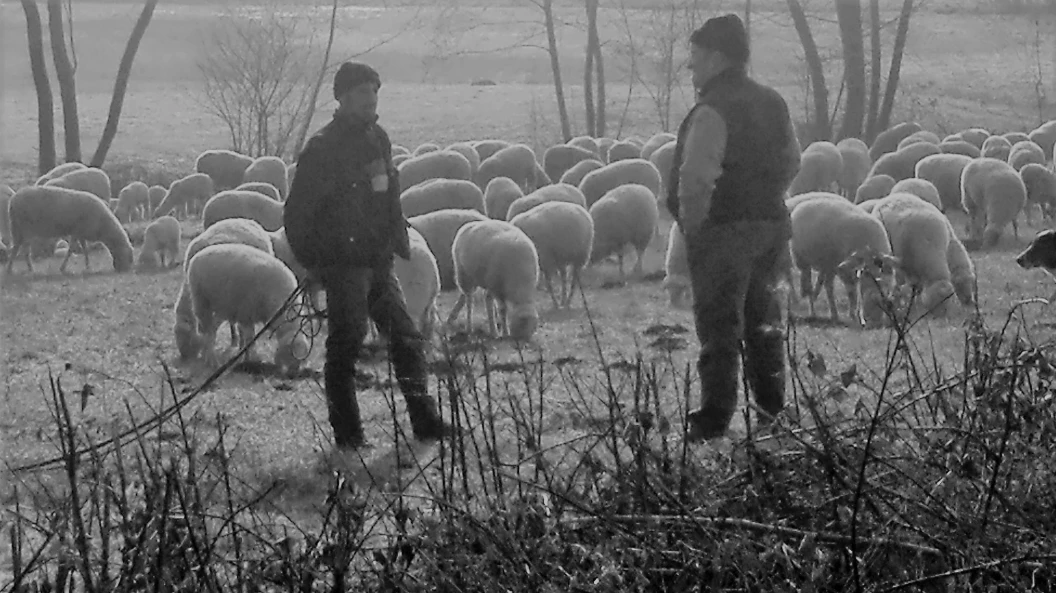
Security, peace and a traditional agricultural life are believed to be why the inhabitants reach a great age….but another major factor was reckoned to be their simple plant-based diet which included such regional specialties as:
- Grass-fed goat’s and sheep’s milk
- ‘Pecorino’ cheese made from fermented sheep’s milk
- Sourdough bread and a thin, crispy flat bread called ‘carta di musica’ or music paper because it looked – and sounded – like the parchment sheets used for scribing sacred music.
- Barley-flour bread ideal for shepherds to take with them into the mountains as it keeps for a long time – up to 1 year sometimes (obviously a very ‘substantial’ bread!).
- Olive oil of course and a very large variety of fresh vegetables, pulses and herbs – including artichokes, fennel, tomatoes, broad beans, basil, thyme and chickpeas to name but a few.
- And naturally not forgetting daily glasses (please note the plural) of the local red wine.
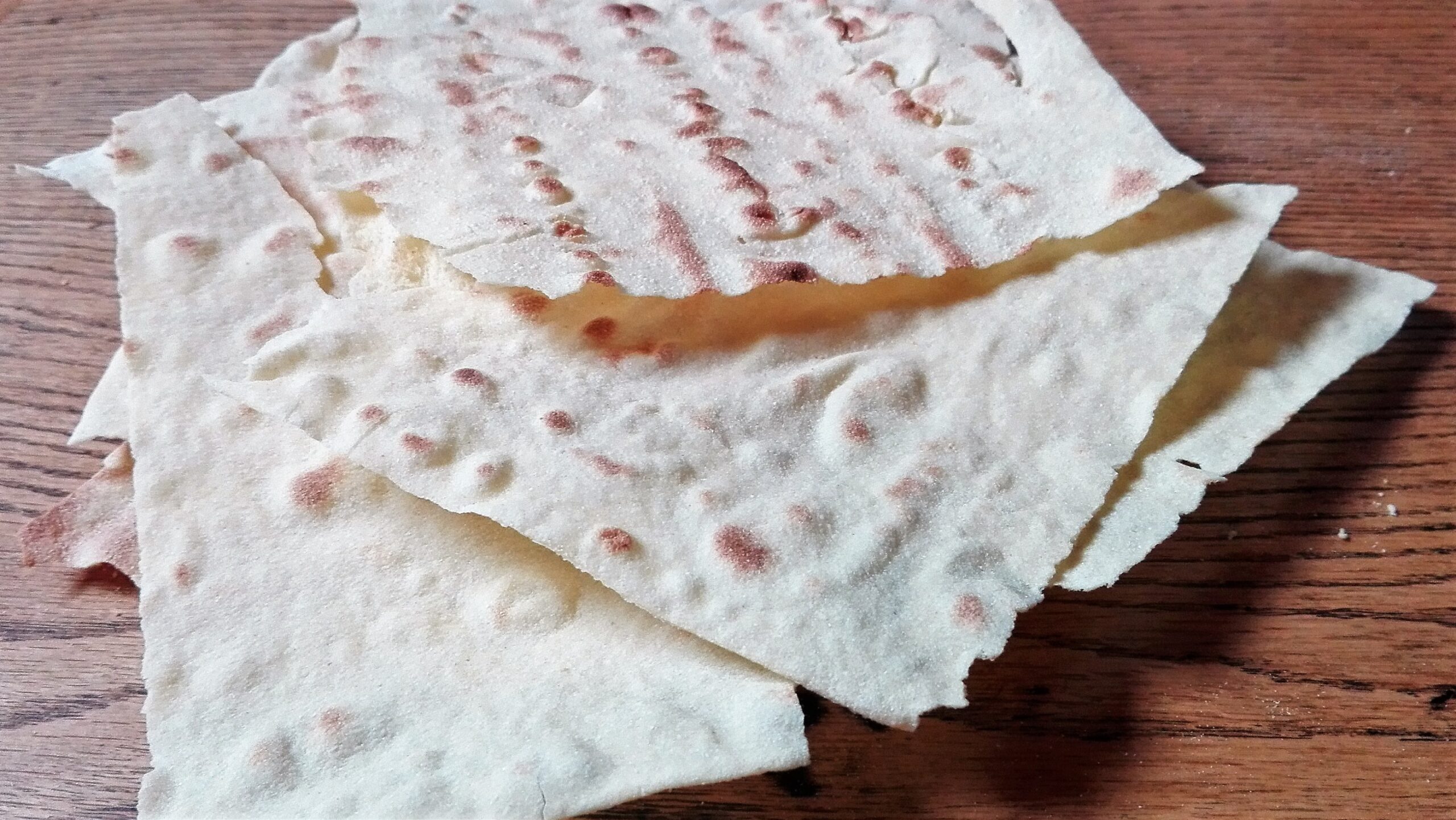
With these simple foods in mind, I went shopping in our local markets for similar ingredients to use with my bunch of artichokes.
I’ve always been lazy about preparing and cooking artichokes, taking the easy option of ordering them in a restaurant, but I pulled myself together and thought right….let’s give it a go. Apart from anything else, I also find them interesting for health reasons. Artichokes have an active ingredient called ‘cynarine’ which has a reputation for helping to lower cholesterol and as my cholesterol happens to be slightly high, I thought it wouldn’t hurt to start using them more in my diet.
I’m also adding more raw food to my diet these days to keep my energy level high, so a salad of raw artichokes and fennel with a hint of cheesy-biscuit crumb seemed like a tasty and healthy compromise…….perhaps if I add a red rose to the table I might make this for a Valentine’s Day starter!
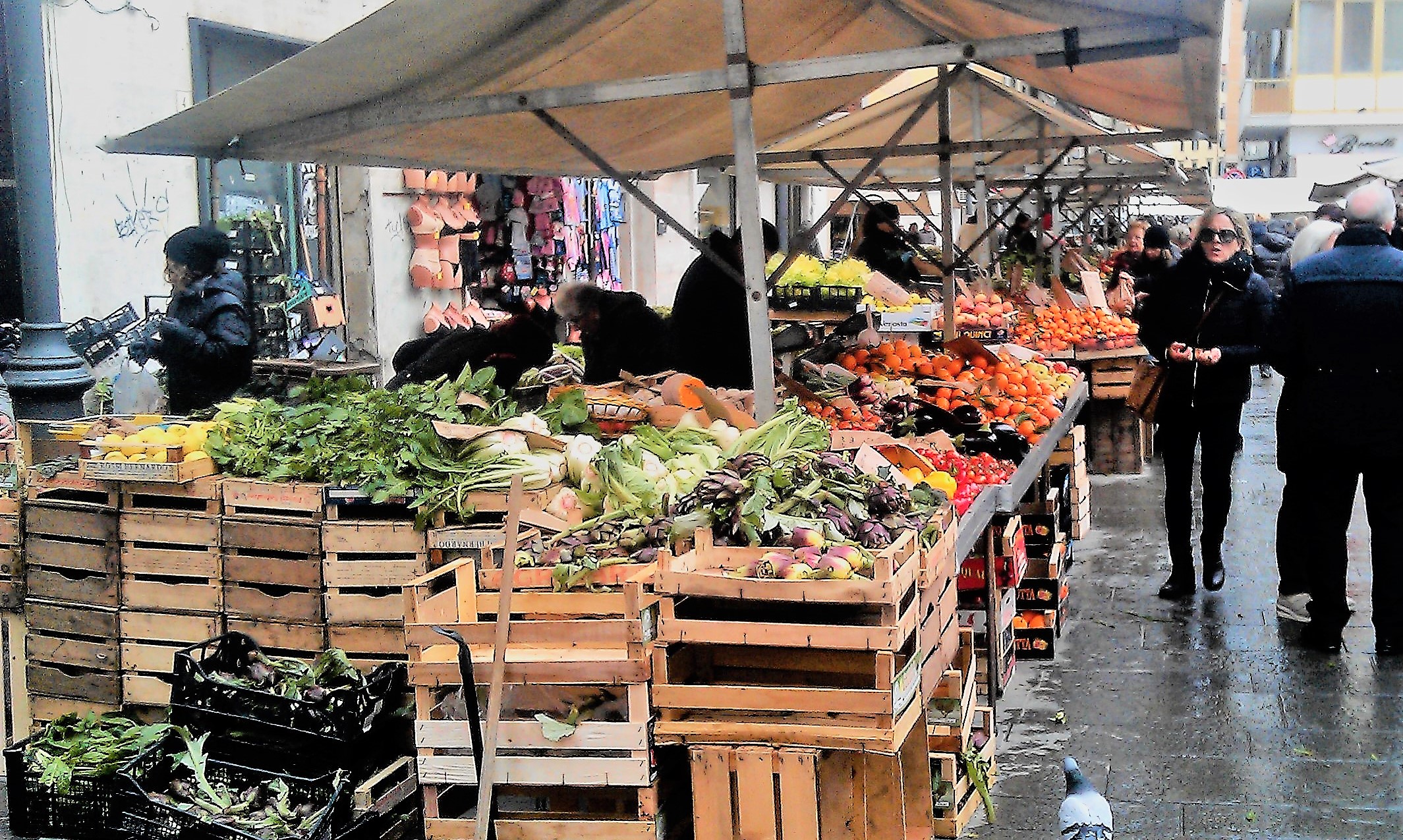
RECIPE
ARTICHOKE & FENNEL SALAD with PECORINO & BARLEY CRUMB
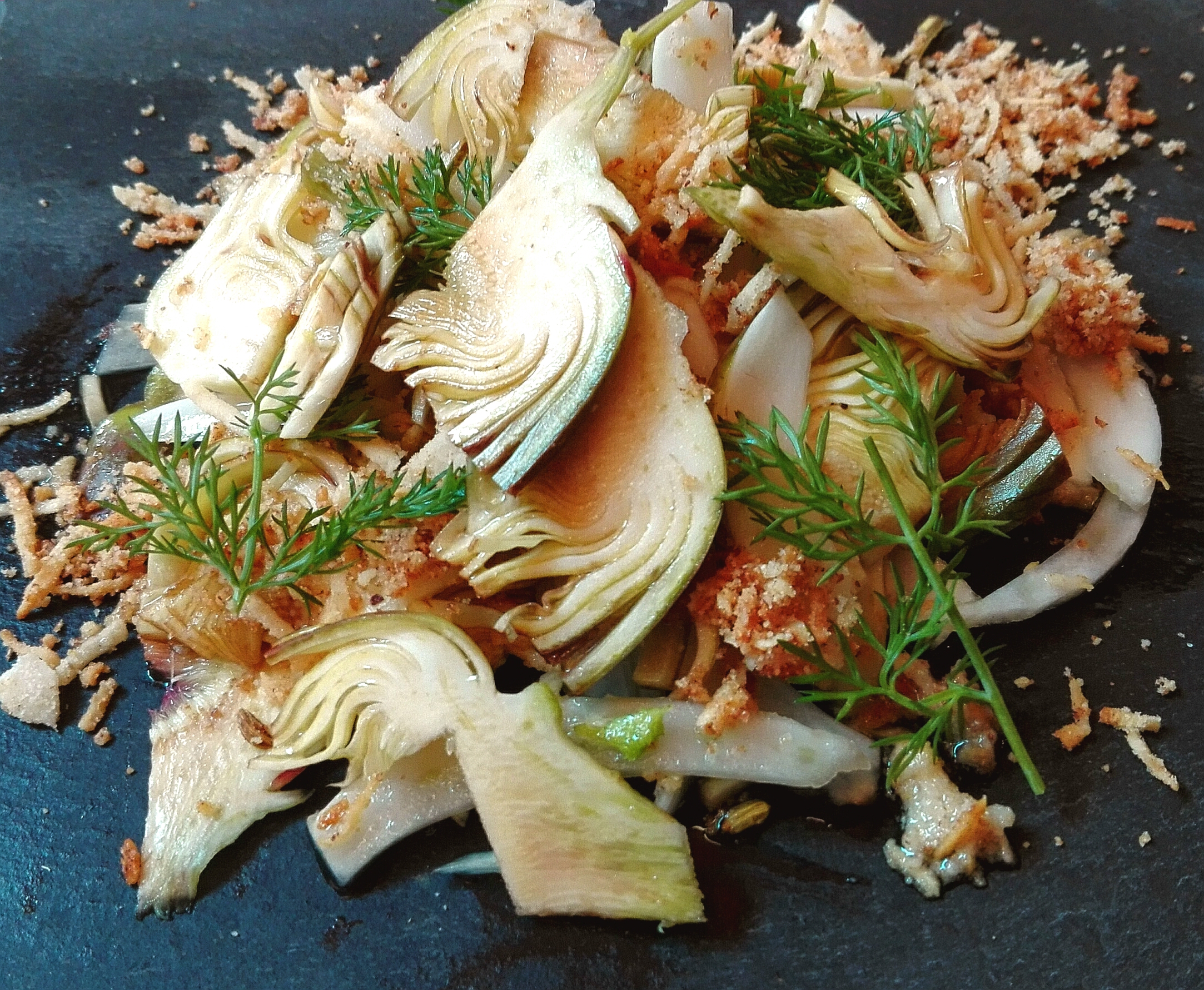
For 4 Preparation time: 15-20 minutes Cooking time: 3-4 minutes
Ingredients
6 spiny artichokes
1 lemon
1 fennel (with green fronds)
100g pecorino cheese, finely grated
50g barley flour (or wholewheat flour if you can’t find barleyflour)
2 Tbsp fennel seeds
1-2 Tbsp olive oil
Salt & pepper
2 Tbsp olive oil
Juice of ½ lemon
1 Tbsp raw honey
Method
Prepare a bowl of acidulated water by adding lemon juice to a bowl of cold water.
Taking great care – and do wear strong gloves if you like, those spikes really hurt! – prepare the artichokes (see below) and put immediately into the bowl of acidulated water to help stop them browning.
Remove green fronds from the fennel and put aside to use later.
Quarter the fennel bulb and remove the outer white layer if tough. Thinly slice the rest – or use a mandolin – and put into a large salad bowl.
Thinly slice the prepared artichokes (see below) and mix in with the fennel slices. Add olive oil, lemon juice, honey, salt and pepper to taste and toss everything together.
In a separate bowl mix the pecorino cheese, barley flour and fennel seeds together.
Take a medium-sized non-stick frypan and heat about 1-2 Tbsp olive oil .
Add the cheese mixture (do in 2 batches in necessary) and stir well until browned and crispy.
Tip over the artichoke and fennel salad, decorate with fennel fronds (if you don’t have enough fennel fronds, use fresh parsley) and serve immediately.
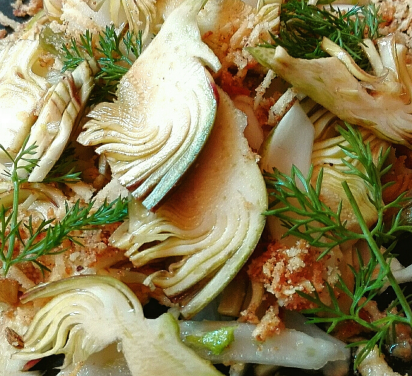
PREPARING ARTICHOKES
